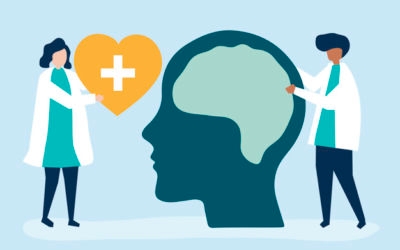Dementia Articles
Down Syndrome and Alzheimer's Disease

August 6, 2020 | Understanding Dementia
Down Syndrome is a genetic condition in which an individual is born with an extra chromosome. This genetic change causes impairment in development in a variety of ways, both physically and mentally. An individual who has Down Syndrome is much more likely to develop dementia than an individual without Down Syndrome. Data from the National Down Syndrome Society shows that in people with Down Syndrome who are in their 50's, 30% suffer from Alzheimer's. The numbers increase to 50% for individuals with Down Syndrome who are in their 60's. Individuals who have Down Syndrome have a reduced life expectancy, so they tend to get Alzheimer's at an earlier age due to this.
Scientists continue to research the link between Down Syndrome and Alzheimer's, but what they understand and think to be true so far is that the extra chromosome causes the gene that produces amyloid and plaques in the brain to increase as well.
Diagnosing dementia in an individual with Down Syndrome is difficult. An individual with Down Syndrome already has a cognitive impairment, so it is important for medical professionals to understand the individual's baseline and ability to function prior to the onset of any dementia symptoms.
Symptoms of dementia for someone with Down Syndrome could include things such as:
-Lack of interest in activities they would normally find enjoyment in
-A lessening desire to be social with others
-Changes in sleep, mood, or coordination and walking
To learn more about Down Syndrome and Alzheimer's Disease, click here, to be directed to the Alzheimer's Association's web page.
Share this spotlight
Return to the listing of dementia articles.
